In 2001, the soft-drink industry included approximately five hundred U.S. bottlers with more than 183,000 employees, and it achieved retail sales of more than $61 billion. Americans that year consumed an average of 55 gallons of soft drinks per person, up from 48 in 1990 and 34 in 1980.
Jones Soda Launches ‘Full Flavor, Full Dose’ THC Soft Drinks
Historically, the soft carbonated soft drink (CSD) industry has been valued at $74 billion in the United States. In order to understand the reasons why the industry has been hugely profitable despite the ‘Cola Wars’, an examination of the CSD industry with Porter’s five forces analysis will be conducted. As market leaders, the analysis
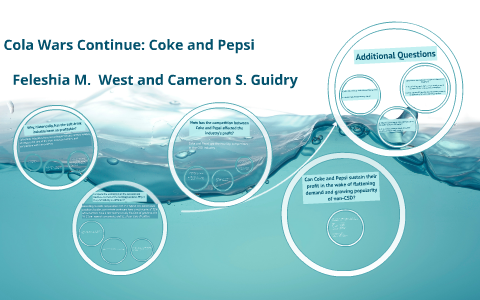
Source Image: prezi.com
Download Image
In this paper, I will address the carbonated soft drink industry’s vertical integration, profitability, consolidation, key opportunities and challenges as well as the application of Michael Porter

Source Image: linkedin.com
Download Image
Carbonated Soft Drink Industry Analysis | Trader
The soft drink industry has been a profitable one in spite of the “cola wars” between the two largest players. Several factors contribute to this profitability, and these factors also help to show why the profitability of the concentrate production side of the industry has been so much greater than the bottling side.
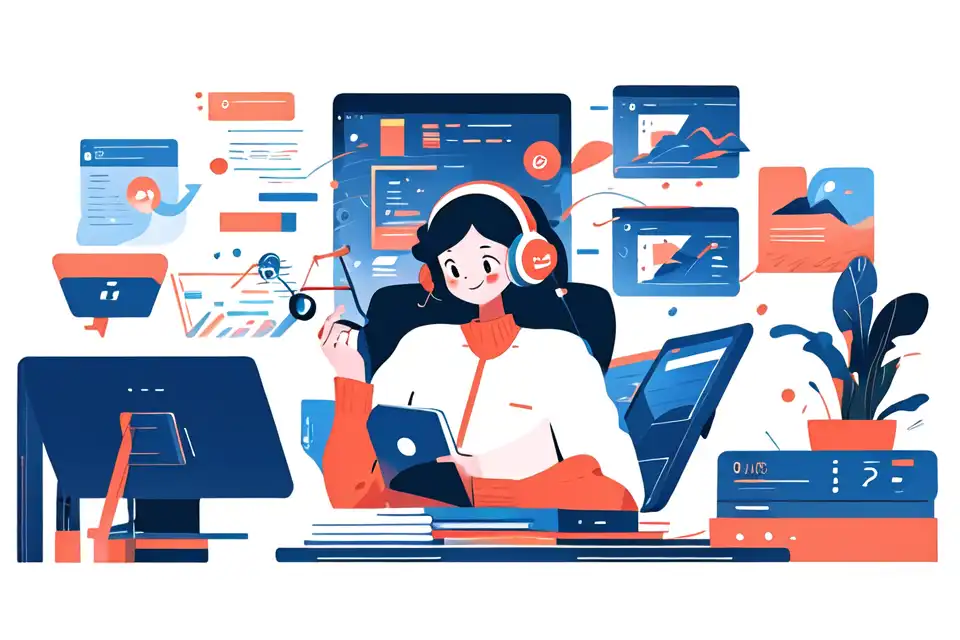
Source Image: larksuite.com
Download Image
Why Historically Has The Soft Drink Industry Been So Profitable
The soft drink industry has been a profitable one in spite of the “cola wars” between the two largest players. Several factors contribute to this profitability, and these factors also help to show why the profitability of the concentrate production side of the industry has been so much greater than the bottling side.
Why, historically, has the soft drink industry been so profitable? Click the card to flip 👆 1 / 9 Flashcards Learn Test Match Q-Chat Created by abby_miller565 Students also viewed CH 6 – Business Strategy: Differentiation, Cost Leadership, and Blue Oceans 33 terms maryswimmer111 Preview test 5 terms Li– Preview Ochem exam 2 reactions 21 terms
Consumer Tastes
Solved 1. Why, historically, has the soft drink industry | Chegg.com Business Operations Management Operations Management questions and answers 1. Why, historically, has the soft drink industry been so profitable? Conduct a Porter Five Analysis for the concentrate (Coke and Pepsi) industry. 2.
Beverages KPIs – Visible Alpha
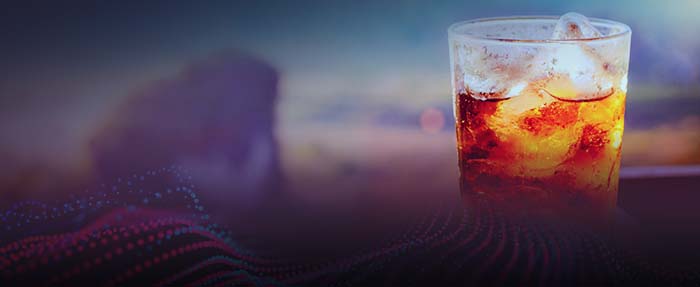
Source Image: visiblealpha.com
Download Image
Pepsi’s Marketing Strategy: A Look at How the Brand Stays Ahead of the Competition
Solved 1. Why, historically, has the soft drink industry | Chegg.com Business Operations Management Operations Management questions and answers 1. Why, historically, has the soft drink industry been so profitable? Conduct a Porter Five Analysis for the concentrate (Coke and Pepsi) industry. 2.
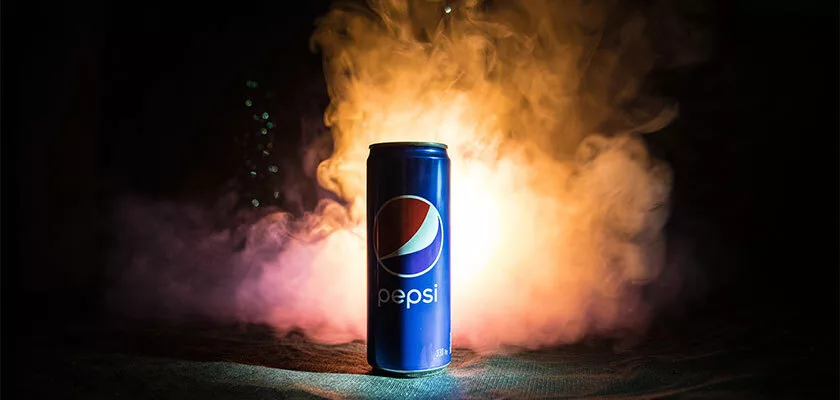
Source Image: digitalagencynetwork.com
Download Image
Jones Soda Launches ‘Full Flavor, Full Dose’ THC Soft Drinks
In 2001, the soft-drink industry included approximately five hundred U.S. bottlers with more than 183,000 employees, and it achieved retail sales of more than $61 billion. Americans that year consumed an average of 55 gallons of soft drinks per person, up from 48 in 1990 and 34 in 1980.

Source Image: adweek.com
Download Image
Carbonated Soft Drink Industry Analysis | Trader
In this paper, I will address the carbonated soft drink industry’s vertical integration, profitability, consolidation, key opportunities and challenges as well as the application of Michael Porter

Source Image: vocal.media
Download Image
The 18 Most Creative Ad Campaigns in History
Download. Essay, Pages 4 (822 words) Views. 1897. Historically, the soft drink industry has been extremely profitable. Long time industry leaders Coca-Cola and Pepsi-Cola largely drive the profits in the industry, relying on Porter’s five forces model to explain the attractiveness of the soft drink market. These forces allowed Coke and Pepsi
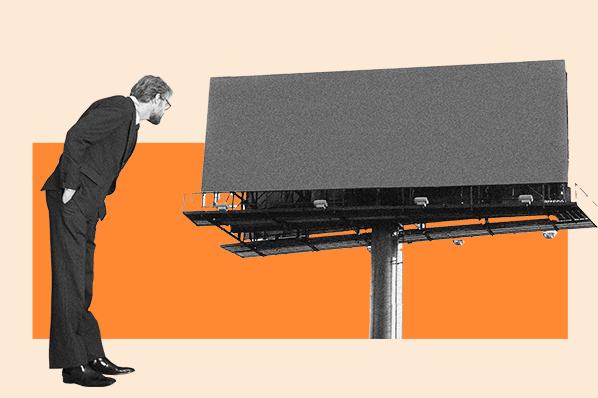
Source Image: blog.hubspot.com
Download Image
Coke Marketing Strategy: Their Recipe for Success (+5 Achievable Strategies)
The soft drink industry has been a profitable one in spite of the “cola wars” between the two largest players. Several factors contribute to this profitability, and these factors also help to show why the profitability of the concentrate production side of the industry has been so much greater than the bottling side.

Source Image: coschedule.com
Download Image
1.docx – 1 Why historically has the soft drink industry been so profitable? Soft drink plays an important role in the people’s daily life. There is | Course Hero
Why, historically, has the soft drink industry been so profitable? Click the card to flip 👆 1 / 9 Flashcards Learn Test Match Q-Chat Created by abby_miller565 Students also viewed CH 6 – Business Strategy: Differentiation, Cost Leadership, and Blue Oceans 33 terms maryswimmer111 Preview test 5 terms Li– Preview Ochem exam 2 reactions 21 terms

Source Image: coursehero.com
Download Image
Pepsi’s Marketing Strategy: A Look at How the Brand Stays Ahead of the Competition
1.docx – 1 Why historically has the soft drink industry been so profitable? Soft drink plays an important role in the people’s daily life. There is | Course Hero
Historically, the soft carbonated soft drink (CSD) industry has been valued at $74 billion in the United States. In order to understand the reasons why the industry has been hugely profitable despite the ‘Cola Wars’, an examination of the CSD industry with Porter’s five forces analysis will be conducted. As market leaders, the analysis
Carbonated Soft Drink Industry Analysis | Trader Coke Marketing Strategy: Their Recipe for Success (+5 Achievable Strategies)
Download. Essay, Pages 4 (822 words) Views. 1897. Historically, the soft drink industry has been extremely profitable. Long time industry leaders Coca-Cola and Pepsi-Cola largely drive the profits in the industry, relying on Porter’s five forces model to explain the attractiveness of the soft drink market. These forces allowed Coke and Pepsi